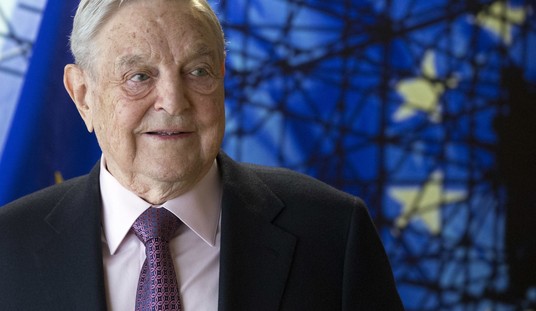Now we know why Taylor Lorenz, a media activist working for The Washington Post, was so devastated when Elon Musk took over Twitter. A new release of the Twitter Files in an article written by journalist Paul Thacker shows that prior to the change in management, Lorenz enjoyed considerable influence over the inner workings of the social media platform. The report not only exposed how the company’s leadership kowtowed to her demands but also how the media activist used her platform to attack her detractors and others who opposed her.
The article discusses the actions and influence of Lorenz in relation to Twitter bans and coordination with left-wing political allies. It reveals that she successfully reported a Twitter account called @fearthefloof—which had published information about her personal life— and got it banned.
Thacker suggests that Lorenz has significant influence within social media companies, with Twitter executives sending alerts to monitor tweets about her. It also highlights instances where Lorenz allegedly coordinated with sources to attack critics and get accounts suspended. Additionally, the article raises questions about Lorenz’s role in doxing individuals and her connections with Twitter officials.
The article further explores Lorenz’s reporting tactics and the impact they’ve had on individuals. It cites examples of her reporting on conservative social media influencer and Libs of Tik Tok creator Chaya Raichik and her subsequent requests to Twitter to suspend her account. The article also points to instances in which Lorenz’s reporting has led to targeted harassment and censorship.
The role of journalists in the digital age is crucial in uncovering the truth, fostering healthy public discourse, and holding those in power accountable. However, there are instances when the actions and behavior of journalists can be seen as authoritarian, raising concerns about the misuse of their influence.
Taylor Lorenz has drawn attention for her approach to journalism, which some critics argue exhibits dictatorial tendencies. Examining Lorenz’s actions and interactions within social media platforms reveals a pattern that raises questions about her exercise of digital power.
Lorenz’s track record suggests a willingness to wield her influence to silence and marginalize voices that challenge her narratives or criticize her reporting. Thacker’s report shows that the media activist regularly reported accounts to social media platforms, resulting in suspensions and bans, often without clear violations of platform rules. The targeting of accounts like @fearthefloof and @LibsofTikTok, as well as individuals such as Stanford professor Jay Bhattacharya, exposes how she used reporting mechanisms to stifle dissent and shape public discourse rather than ensure adherence to the platforms’ terms of service.
Twitter executives have granted Lorenz special privileges, monitoring tweets about her and expressing caution in handling her case. In essence, they functioned as her digital version of the secret police, banning or otherwise throttling accounts that dared to criticize her.
This preferential treatment and coordination with left-wing political allies raise questions about the impartiality and objectivity of her reporting. Additionally, her alleged involvement in coordinating attacks on critics through her sources further exposes her authoritarian tendencies.
Lorenz has been accused of doxing individuals by publishing personal information or linking to it in her articles. The exposure of addresses and other personal details, such as in the case of Chaya Raichik, not only raises ethical concerns but also undermines the principles of responsible journalism, which Lorenz cares nothing about because she is an activist, not a journalist.
It is exceedingly difficult nowadays to identify actual journalists who are dedicated to reporting the truth to their audiences. Yes, they still exist. Unfortunately, too many of them are nothing more than purveyors of propaganda pushing an authoritarian agenda. Folks like Lorenz fall neatly into this category and have far too much power over digital platforms. But there is a silver lining: She and her ilk won’t be able to bully Twitter into doing their bidding any longer.













Join the conversation as a VIP Member